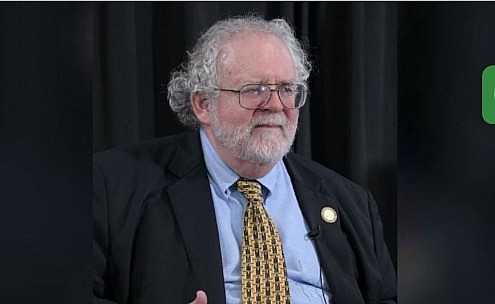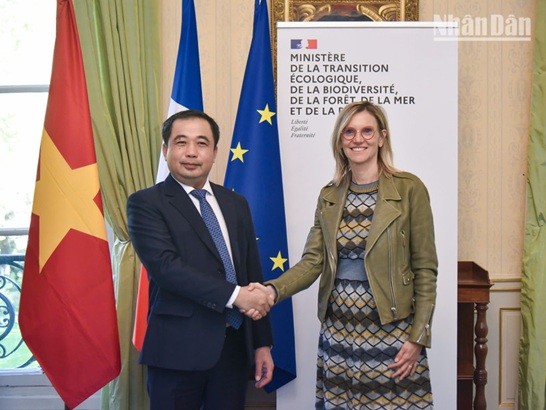'Needling India won't make America great again': US expert warns Trump
 |
| Walter Russell Mead, Professor of Foreign Policy at Bard College and Distinguished Fellow at the Hudson Institute |
India was one of the few major countries to openly welcome Donald Trump's return to power. But five months into his second term, there are signs that the goodwill is wearing thin. In an opinion piece for The Wall Street Journal, Walter Russell Mead, Professor of Foreign Policy at Bard College and Distinguished Fellow at the Hudson Institute, wrote: "Among the handful of American allies and partners that welcomed Donald Trump’s return to power, India was the most important. Nearly five months into his second term, some of Trump’s strongest Indian supporters wonder if they made a mistake."
Mead stated India had expected friction on trade but hoped that would be balanced by strategic alignment. Many in India appreciated what they saw as Trump’s pragmatic stance on Russia, his push for Arab-Israeli peace, and his public embrace of India as a rising global power. "They appreciated his frank embrace of Narendra Modi’s India as a world power whose importance transcended geography and looked forward to an era of deepening U.S.-India friendship."
Instead, India has been taken aback by a series of moves that have stirred domestic discontent. Mead pointed to deportations of Indian nationals that began early in Trump's second term, recalling that "roughly 6,000 Indians were deported during Trump's first term,” but what made headlines this time was that "Indian deportees [were] initially shackled and transported on military aircraft,” turning the issue into a political flashpoint.
Tensions spiked further when the State Department abruptly halted new student visa interview scheduling on May 27, 2025. This came despite a sharp increase in Indian students filling the gap left by declining Chinese enrolment. Mead also cited Trump's public criticism of Apple's plan to move iPhone production from China to India, adding to the sense that Washington was undercutting New Delhi despite strong expectations of strategic convergence. But it was the Trump administration's response to the tensions between India and Pakistan that stirred the most unease in Delhi.
"Trump took to social media claiming credit for mediating the situation. "Trump's claims on Truth Social to have essentially mediated the dispute embarrassed the Indian government," he added.
Mead urged the Trump administration to be more careful in managing the relationship, especially when policy disagreements are inevitable. "Americans often see the relationship as based on the two countries' joint interest in balancing China. Indian elites see this too, but public opinion in India has different priorities. The first is economic growth...A close second is dignity."
The professor said that even minor slights can provoke outsized reactions if they are perceived as disrespecting India's rise. "The treatment of India vis-à-vis Pakistan is a hot button. Despite its nuclear weapons, India is on a different trajectory, and Indian public opinion wants this success to be recognised."
He concluded with a warning to the Trump administration: "Team Trump can do better. Alienating the most important world power that viewed his return to office favorably isn't in Trump's best interest. Needlessly needling an important international partner won't make America great again."
Recommended
 Economy
Economy
